
Revered Carl A. Kemme, D.D. Bishop | Diocese of Witchita
A statue of St. Joseph tops a mausoleum wall at Ascension Cemetery, located just east of the Spiritual Life Center in Wichita. The cemetery offers various burial options for families dealing with the recent death of a loved one.
John Sponsel, who assists these families, shared his observations from his role as director. He noted two significant surprises in his work: the resilience of grieving families and occasional dismissiveness towards the body after death.
"Many families (actually, the majority of people I meet) seem to hold it all together while moving through this crushing experience," he said. "I listen to their stories and marvel at their strength and composure."
Conversely, Sponsel expressed sadness over comments that minimize the value of the body. "Some, including Catholics, use words that seem to minimize the value of the body: 'Well, life is done, it’s not really that important what we do with the remains.' 'No one will ever visit my grave anyway,' 'No need to provide a vase for me, there will be no flowers.'"
Sponsel emphasized respect for the body after death, rooted in Catholic faith. "We respect the body because it is essential to the very being of the human person," he explained. He also referenced C.S. Lewis on how bodies are used to practice virtues like love and justice.
He elaborated on Catholic teachings regarding burial practices: "Our church encourages us to participate in the Corporal and Spiritual Works of Mercy: Burying the dead, attending funerals, visiting graves, and praying for the dead and dying."
Reflecting on his experiences over ten months, Sponsel observed common elements among those seeking burial services: providing a sacred resting place, reverencing their deceased loved ones, praying for them, and recognizing more profound aspects beyond surface appearances.
"I write these things because there is so much in our culture that is challenging our belief in the sanctity of the body and the promise of life after death," Sponsel stated. He encouraged bringing children to funerals and cemeteries to instill hope and honor customs.
In conclusion, Sponsel urged prayers for both the dead and dying: "Finally, I ask you to pray for the dead and dying." He suggested memorizing a specific prayer for eternal rest.
For further details on indulgences, he recommended consulting the Catechism or visiting vatican.va.
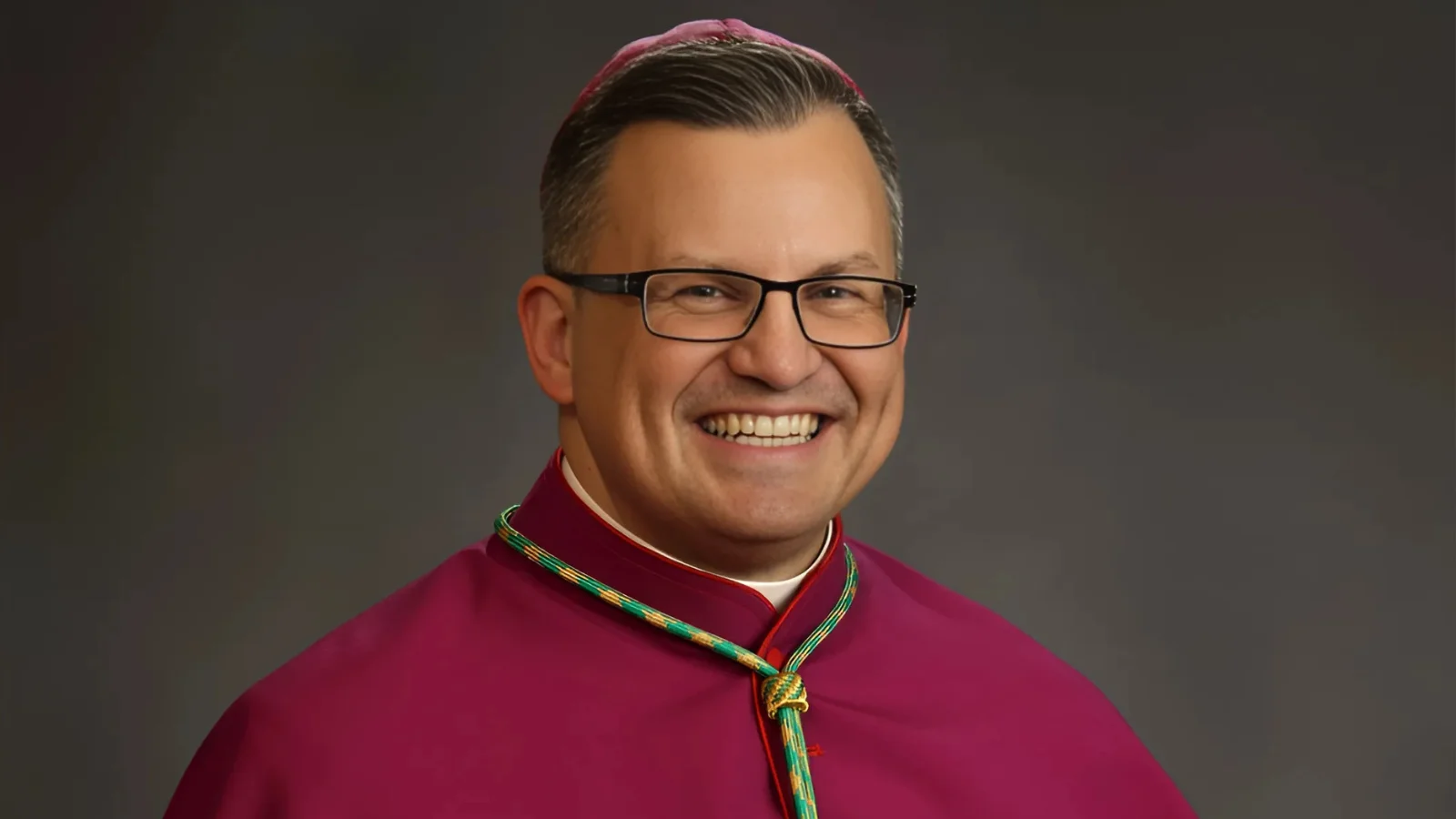
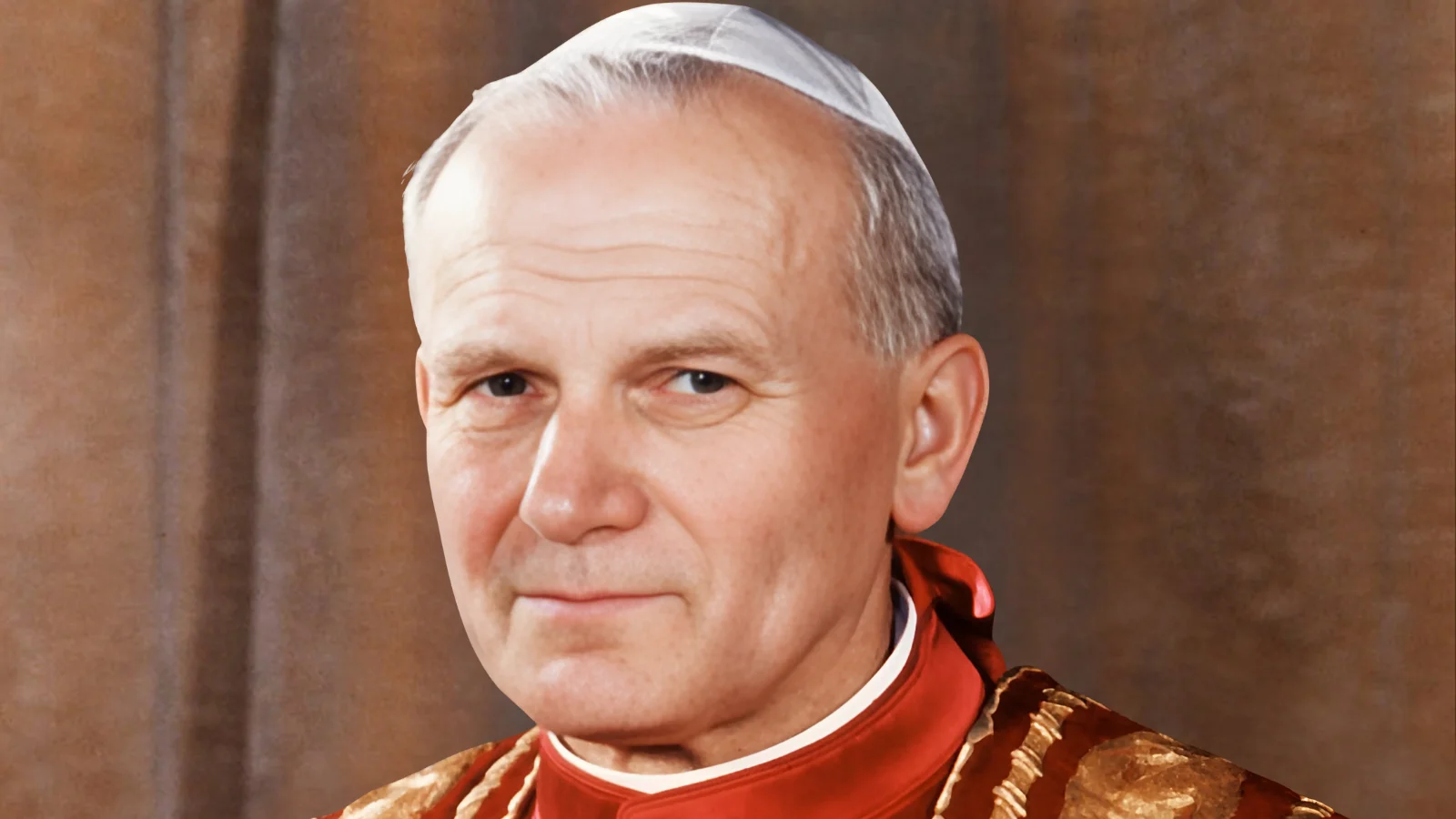
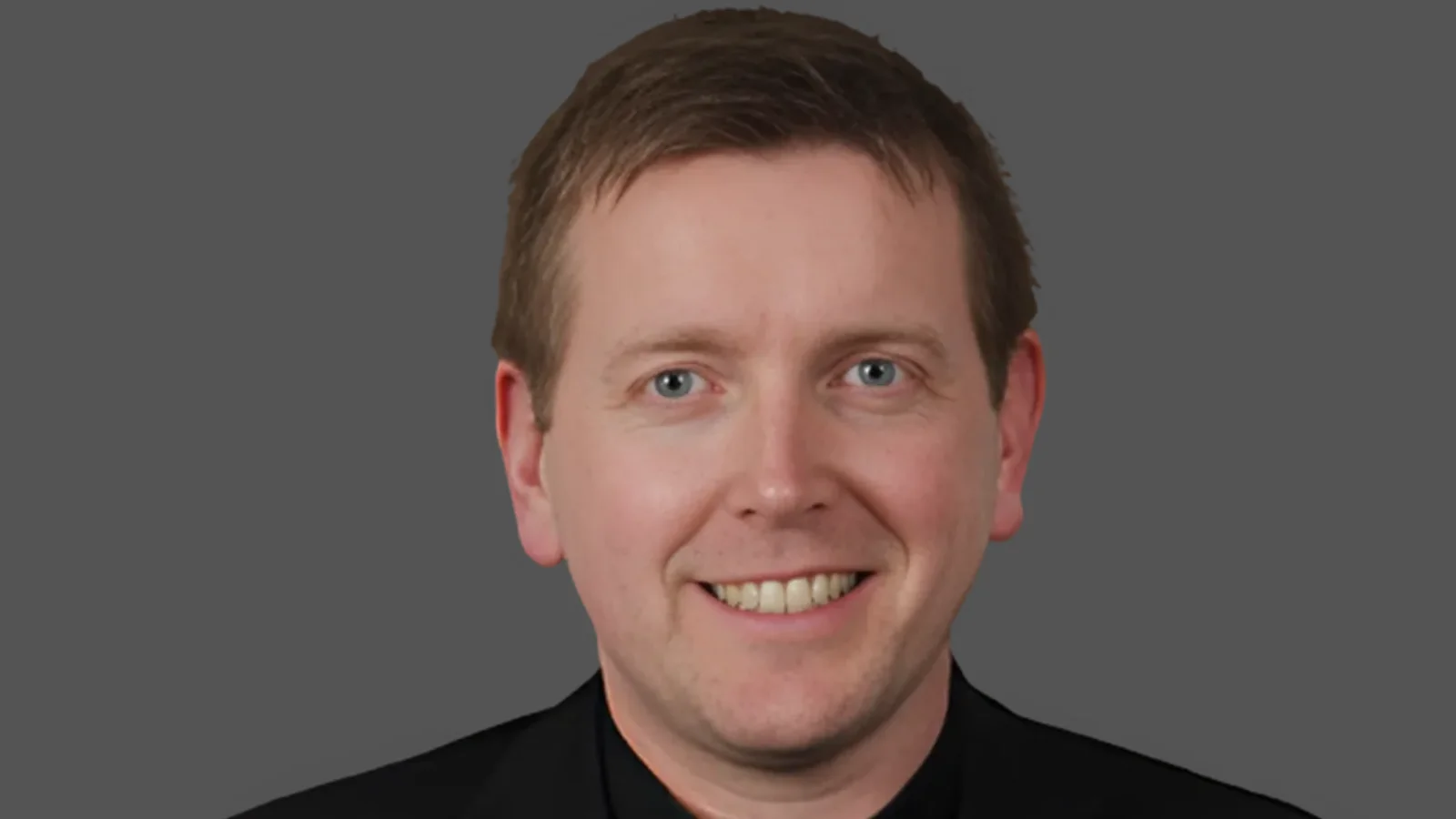

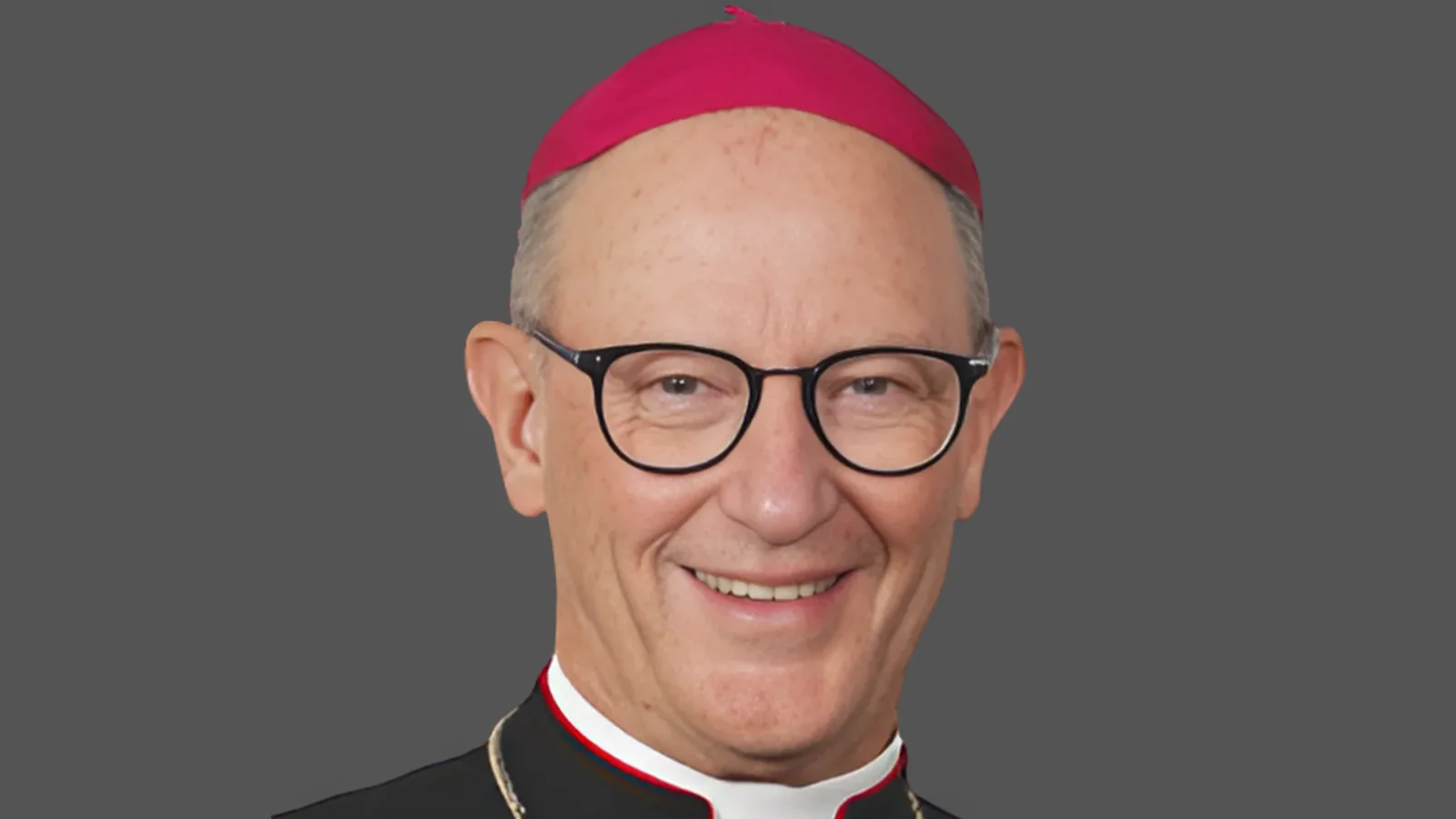
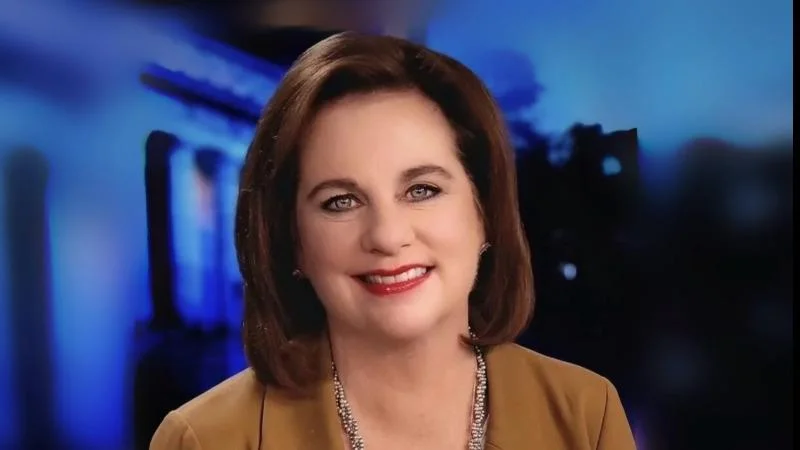
 Alerts Sign-up
Alerts Sign-up